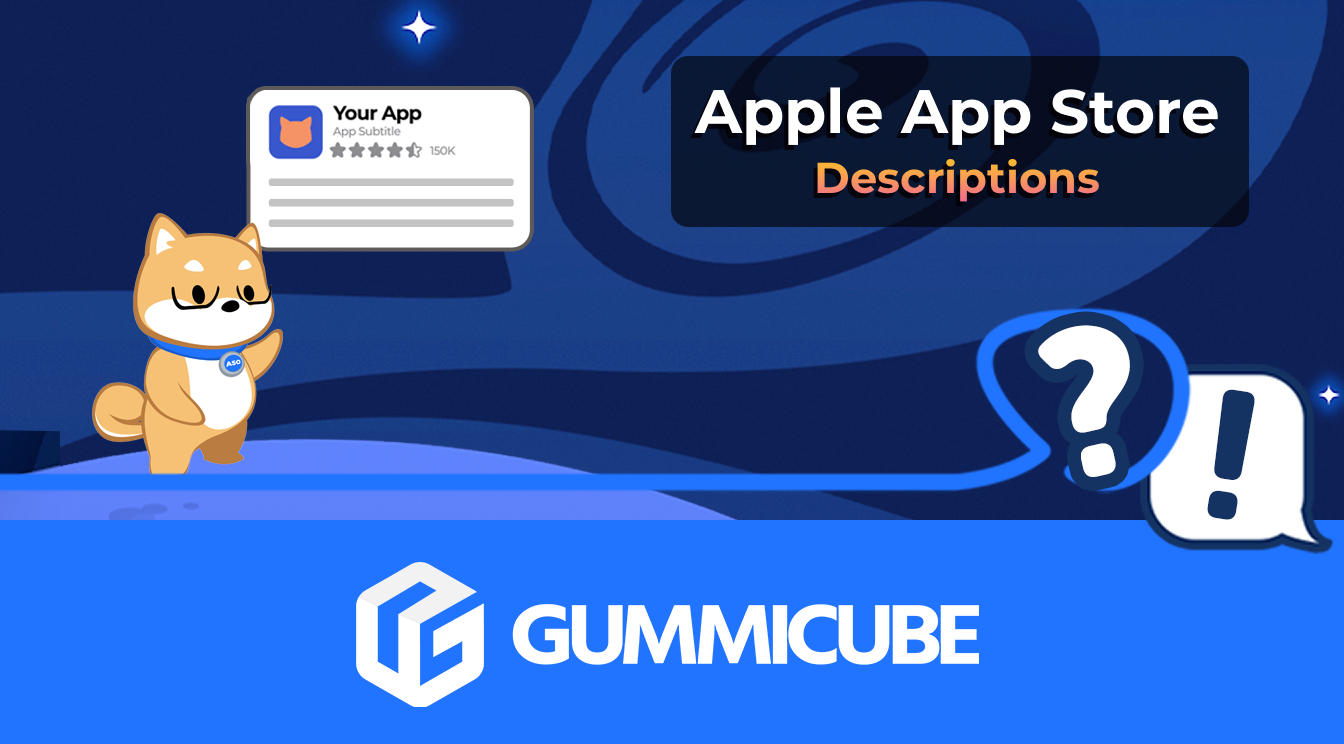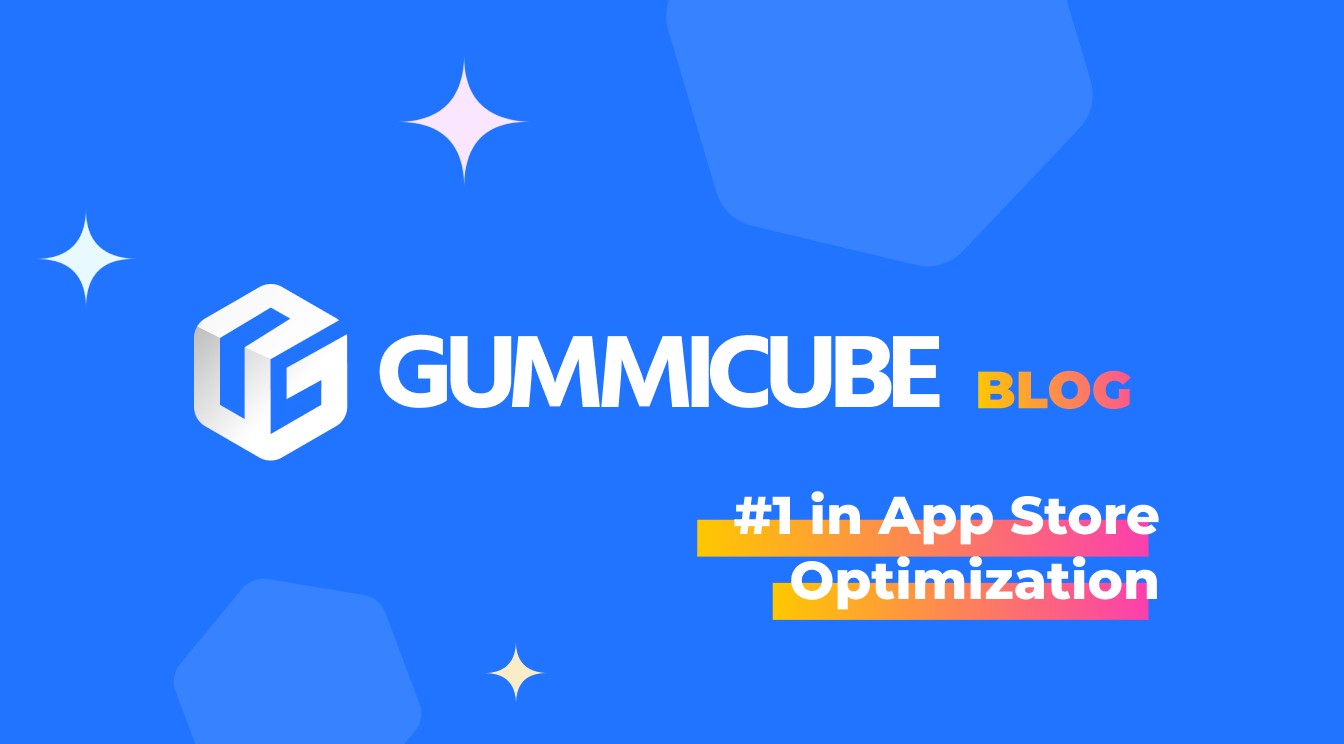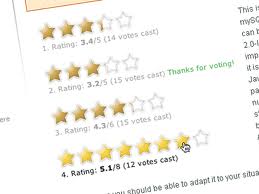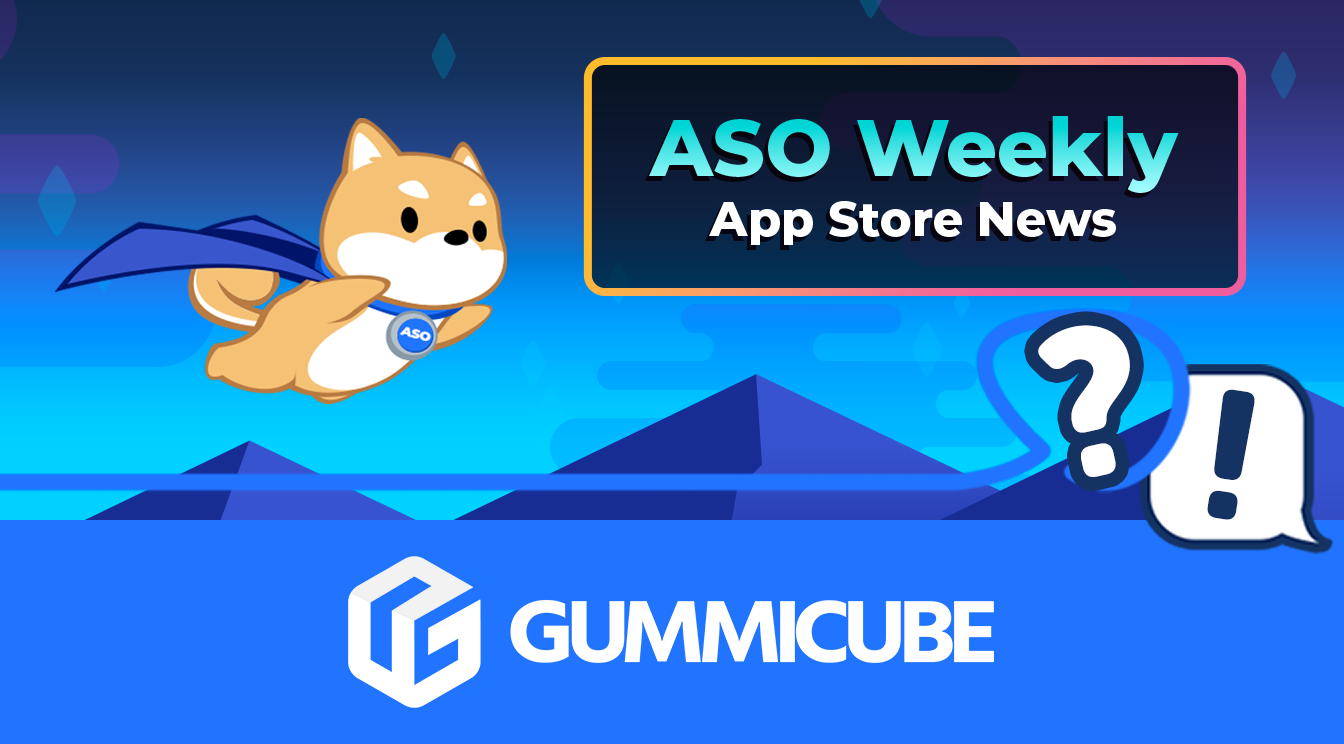
How to Write an Apple App Store Description
Posted on July 17th, 2024
Learn how to approach App Store descriptions the right way so you can effectively engage and convert users.

It has been established by numerous independent studies that App Store Search is the most powerful sales channel for apps of all kinds. Nearly 70% of all downloads across both iOS and Android ecosystems are driven by keyword search queries. This behavior is easy to understand - most people don’t know what specific app they want to download, only the problem that they are looking to solve. Indeed, whenever I observe friends or family downloading apps they turn to search first - terms like “Finance Apps” “Movie Times” “Shooter Games” are how end users define app discovery.
The point above also illustrates why charts are largely irrelevant for most apps. Charts are an un-targeted, expensive way to get a great deal of visibility - but not necessarily the right visibility. Most users who want an app to perform a specific task aren’t going to scroll through 100’s of tiles in a category listing to find what they are looking for. Buying your way to the top of the charts has been reported to cost as much as $100,000 in today’s market, making this kind of “bulk marketing” extremely risky gambling for most developers and publishers.
Success in App Store search requires picking the right keywords, optimizing your app description and taking steps similar to traditional SEO for the web. Unlike the web, there is a tool that apps have to enhance their positioning within App Store search and increase the traffic from this powerful channel. In all digital marketplaces, more than 85% of users base their purchase decisions on recommendations from other users. This is also true in the App Store (and other digital stores like Google Play).

If your app doesn’t have user validation and feedback, mobile user reviews, you won’t fully maximize your opportunity to reach users in App Store search. This is very much like being in the middle of a foreign city and searching for a nearby restaurant. You are far more likely to dine where others (locals, not necessarily those just in your own social network) recommend you will have the best experience. When a potential customer searches for a term closely related to your app, they are making a decision to click and view more almost exclusively based on the recommendations of other users. Think of your own app download behavior - doesn’t this process ring true based on how you discover and download most apps? In addition to these benefits, user reviews and ratings impact how App Store search engines relate your app to the keywords that you have chosen. If you are focused on building a travel app that gives a guided tour of Iceland, you will probably select keywords like “Travel” “Iceland” “Iceland Tours”, etc. Having user reviews that mention this focus will help the App Store know that your app is related to those keywords. Think of this like having strong back links to your website which help Google determine what your website is all about. Consider these factors when designing and marketing your next app. The choices you make and tools that are used can greatly increase the effectiveness of your marketing and increase organic uptake.

Learn how to approach App Store descriptions the right way so you can effectively engage and convert users.

Learn how to grab your audience's attention through effective and engaging app store preview videos.

Welcome to this week’s ASO Weekly - The App Store halts gambling ads amidst outcry and the Apple takes a bite out of NFT app sales.